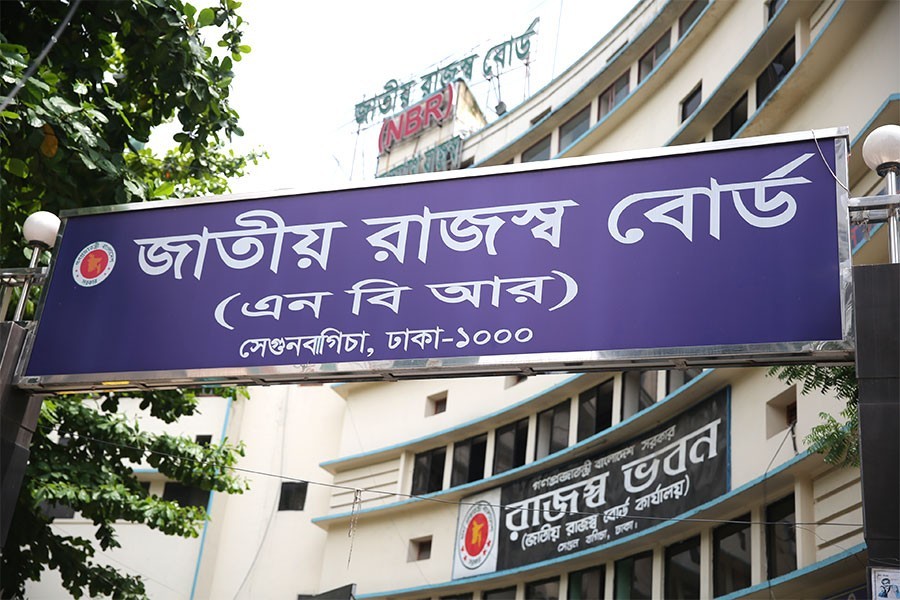The revenue board has unearthed irregularities in tax deduction by some of the companies, firms and other deducting authorities.
Officials of the National Board of Revenue (NBR) said the withholding entities keep the tax at source unpaid for three to four years. They later settle the issue in an appellate tribunal, bypassing taxmen's order.
Such practices are causing revenue loss as the companies are bound to deduct the tax at source and deposit it to the public exchequer within a particular year as per the existing income tax law, they said.
The officials said taxmen imposed tax on that particular amount of the companies considering it expenditure for not deducting the tax at source or not depositing it to the government exchequer within a certain timeframe.
But in the appellate tribunal, the taxpayers got the tax benefit and claimed the amount to be allowable expenditure.
Currently, about 250,000 public and private entities, known as the withholding authorities, are responsible for the tax deduction at source, known as TDS.
There are 58 sectors such as salary, supply of goods and execution of contracts, interest on securities, bank deposits, dividends, payment to non-residents, and export earnings, from which entities deduct tax at source.
To address the issue, the NBR recently issued a clarification for tax officials across the country to address the problem.
"The deducting companies or other authorities must submit the deducted tax to the government exchequer within the respective financial year to avoid imposition of tax on the expenditure on which the tax is deducted," the clarification said.
The agencies, however, would have to maintain provision for the tax at source in their balance sheet in case of failure to deposit the tax within the timeframe, it said.
They would have to pay the taxes with penalty at a rate of 2.0 per cent before issuance of the tax assessment order by the deputy commissioners of taxes (DCTs) for enjoying allowable expenditure benefit, it added.
In case of failure of tax deduction, the commissioners would impose tax on the expenditures considering it to be income, officials said.
The deducting authorities claim the amount to be expenditure on which tax deduction is made.
For example, the amount of salary paid to employees will be considered an allowable expenditure of the employer and there will be no tax on such expenditure.
Tax officials have found that some taxpayers filed appeal with tax appeal commissioners and taxes appellate tribunal.
They paid the claimed tax on permission from the appellate tribunal and got the allowable expenditure benefit.
But the income tax law has a provision which makes it mandatory for paying source tax to the government exchequer before issuance of any assessment order of that particular year.
Taxpayers will have to settle the issue at the commissioners' offices, not in the appellate tribunal, according to income tax law.


